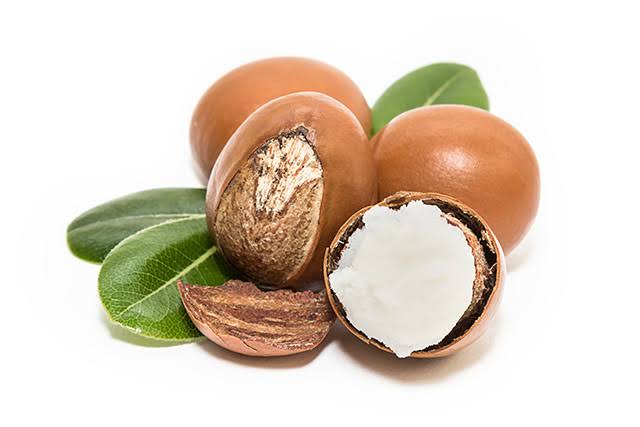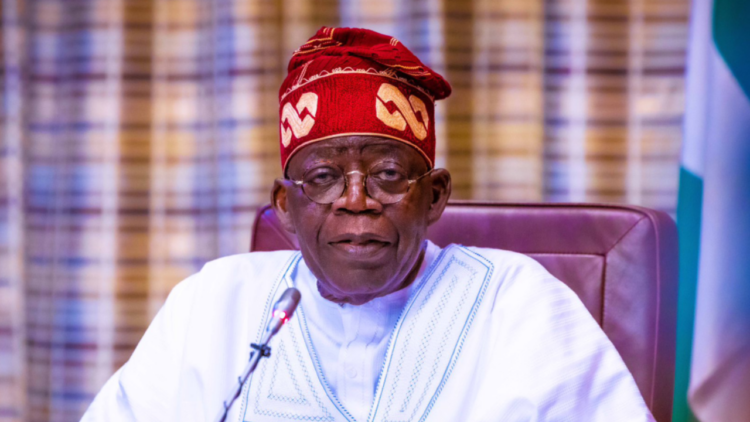President Bola Tinubu has approved a six-month ban on the export of raw shea nuts, aimed at enhancing local processing and fostering growth within Nigeria’s shea industry.
Gatekeepers News reports that effective immediately, the ban is designed to strengthen the country’s shea value chain, with the potential to generate approximately $300 million annually in the near term.
Vice President Kashim Shettima announced this initiative during a multi-stakeholder meeting at the Presidential Villa on Tuesday. He urged the Federal Ministry of Finance and other relevant government agencies to expedite the enforcement of this directive.
Speaking on the directive, Shettima said the decision was not “an anti-trade policy but a pro-value addition policy designed to secure raw materials for our processing factories and enabling industries run at full capacity, thereby boosting rural income and jobs for our people.”
He believes the decision “will transform Nigeria from an exporter of raw shea nut to a global supplier of refined shea butter, oil and other derivatives.”
According to him, the move is about industrialisation, rural transformation, gender empowerment, and expanding Nigeria’s global trade footprint.
On opportunities for job creation and income generation, the Vice President said, “Nigeria produces nearly 40% of the global shea product, yet we account for only 1% of the market share of $6.5 billion.
“This is unacceptable. We are projected to earn about $300 million annually in the short term, and by 2027, there will be a 10-fold increase. This is our target.”
VP Shettima explained that the ban was a collective decision involving the sub-nationals and the Federal Government, with clear directions for economic transformation in the overall interest of the nation.
“Government is not closing doors; we are opening opportunities. Mr President is currently in Brazil, and both countries have agreed to prioritize access for Nigerian shea butter and oil in the Brazilian market. This process will be completed within the next 3 months,” the VP told the gathering in Abuja.
The Vice President highlighted the gender dimension of the policy, noting that “by protecting the shea industry, we are protecting livelihoods, dignity, and opportunity for millions of our women.
“We are not closing doors, we are opening better ones. Today, we plant the seeds of an industry that will yield fruit for decades to come for our women, for our economy, and for Nigeria’s place in global trade.”











